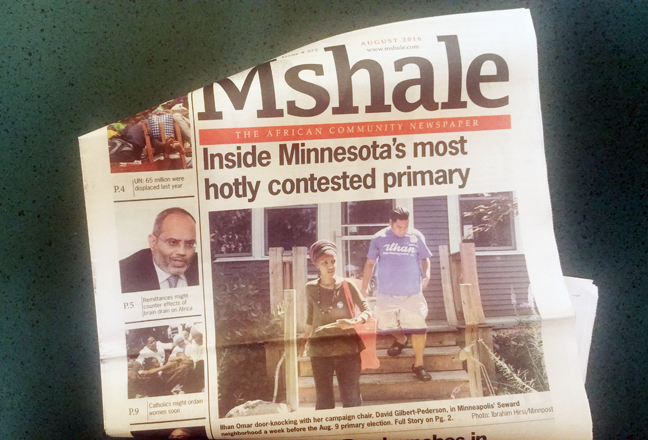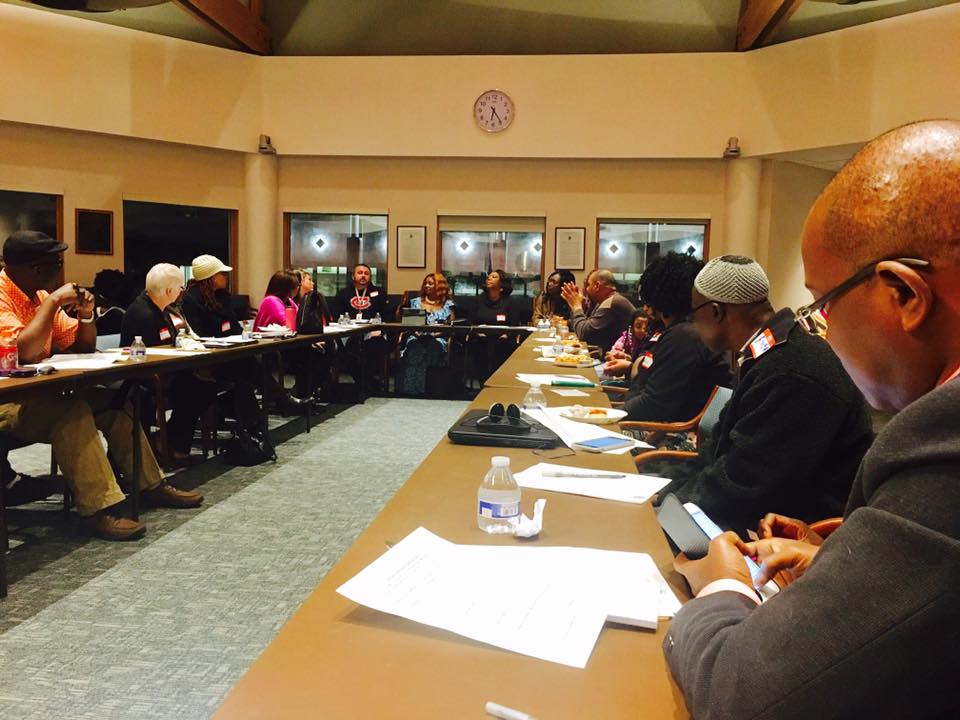All midlife and older Americans have been feeling the impact of the recession. But the effects have been even harsher for African-American and Hispanic retirees and baby boomers heading for retirement, according to a new study by AARP.
AARP’s “Closer Look” survey of almost 1,000 Americans ages 45 or older shows that in the past year ethnic boomers and elders have struggled to pay their medical costs; had trouble paying for food, heating and other essential needs; lost jobs or saw their hours cut; and were compelled to hunt for affordable housing in greater percentages than their white counterparts.
“We are seeing a disappearing middle class,” stated David Certner, legislative policy director of AARP.
Social and economic differences long preceded the recession, but Certner said the “differences have been exacerbated for African Americans and Hispanics.”
In particular, Certner was surprised by findings showing large percentages of people who were not confident they could cover the cost of a major illness or would be able to afford their retirement. Although one in four whites doubted their ability to pay the cost of a serious illness through insurance or savings, more than four in 10 African Americans and two out of three Latinos had little or no confidence they would be protected.
In addition, even though a striking one in three whites expressed little or no confidence that they will have the resources to cover their health care and living expenses in retirement, more than half of black respondents and a whopping 71 percent of Hispanics foresee difficulty making ends meet in their later years.
The survey, the first in a quarterly series aimed at serving as an ongoing barometer of how well aging Americans are doing, focused on measures of health, income and community living needs, such as housing costs.
The findings underscored the significance of health reform for ethnic seniors and those near retirement. One-third of African Americans and almost 40 percent of Latinos postponed getting needed medical or dental care. One in four people in both groups didn’t fill a prescription, cut pills in half or just skipped doses to save money. And one in three said they had trouble paying their medical bills.
Home life was particularly precarious for aging blacks and Hispanics. More than a quarter of them had trouble paying their rent or mortgage. One in three faced a major problem with foreclosure. And far more of them sought affordable housing than older whites.
Particularly striking was that about one in three black or Latino survey participants either moved in with a parent or adult child in the past year or had a relative move in with them – almost double the proportion of aging whites, who doubled up at home.
Employment impacts were also daunting, with more minority pre-retirees than whites losing jobs, seeing cuts in pay or work hours, delaying retirement or prematurely withdrawing retirement funds to cover costs.
One of the most telling poll results was that almost six in 10 ethnic boomers have lost sleep in the last 12 months due to stress or worry.
“The pre-65 group is the most anxious,” Certner said. “They are concerned about three generations: their parents, their kids and their own retirement. So they are experiencing multiple levels of anxiety.”
Certner was not sanguine about a quick turnaround. The survey results indicate reasons for concern that these problems run deeply, “not just in terms of the current recession that might be resolved next year. These are long-term effects that will be tough to turn around.”
Viable solutions for aging Americans, he added, need to go beyond “more reliance on government in their retirement years.” AARP, he said, is supporting wide range of long-term remedies, such as private pension reforms to increase the number of middle and lower-wage workers with retirement savings.
About New America Media
New America Media is the country's first and largest national collaboration and advocate of 2000 ethnic news organizations.







